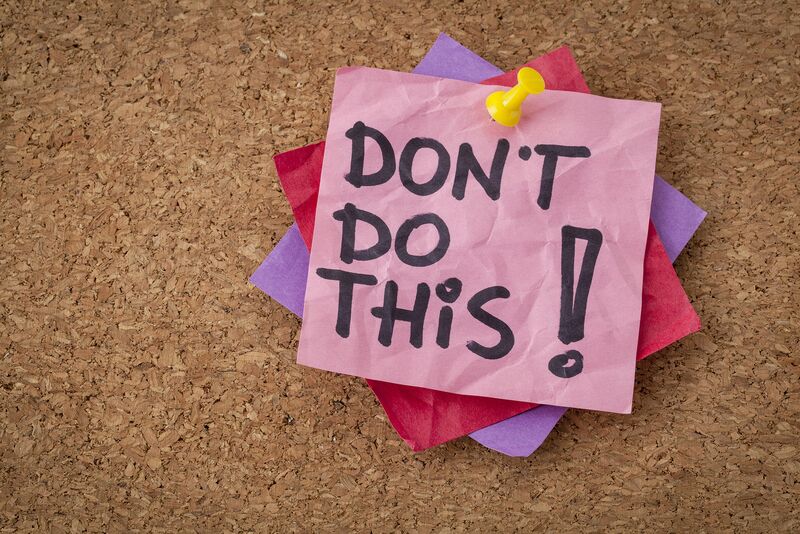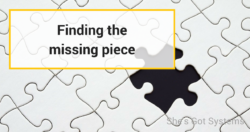Sometimes, when you’re struggling with something in your life or business, it takes a lot of courage to turn to an expert for advice and to learn how they can help you. It’s intimidating, sometimes scary, and often a very vulnerable place.
Which is why every time I hear about or witness someone marketing or selling by insulting their to-be client it fills me with anger.
Maybe you’ve experienced:
-a graphic designer insulting your website and logo
-the landscape crew who says your lawn is poorly maintained
-a health coach who talks about your lack of progress
-the copywriter who mocks your syntax and flow
No matter the professional, the habit of insulting your client is one type of marketing I hate.
Instead of making you look better, insulting your client makes them feel worse. They already acknowledged that they don’t have it all figured out, pointing out with the intent to embarrass or guilt them into making a different choice is a waste of energy.
It doesn’t matter if you’re a service professional or sell a product, your job is to empower your client to do better things. While identifying weak points is a necessary step, it should not be a stumbling block to growth. If you put too much focus on the failure then it will take longer to reach the “after” they’re after.
Guilting your client into change rarely works. You know how this goes, someone wants to point out that they are a professional, have an upleveled business or strategy, and instead of showing the gap, all that comes out is insults.
Ever heard “I can’t believe you’re still using that software!” or “only novices don’t have a business plan.” It happens all around us, whether it’s the financial planner appalled at the lack of diversity in your portfolio or the house cleaner saying your house is a disaster zone that no one should live in.
So how do you sell without insulting your client?
It’s simple to do but not always easy. Acknowledge there’s room for growth, that you’re capable and willing to work with them, and reinforce the positive results they should experience.
Don’t clients need to know what’s missing to make a change, you might ask? Well, yes and no. As pointed out, if they’re in front of you already they know there is room for growth. Some people are ready for change and don’t need the guilt trip, and as for the ones who don’t yet have that awareness, do you really want to work with people who are not ready for you?
Instead of snide comments, open insults, and finding fault, try the empathetic path. Put yourself in their shoes and ask what you most need to hear. Not “wow your car is a piece of junk!” but maybe “I think it’s great you’re ready to upgrade to a safer vehicle with more features.” Instead of “your website looks like it was built by monkeys on drugs” maybe go with “you’re right, a new website with all the features you’re describing will uplevel your look and give you more confidence in networking.”

 Don’t Cut Down the Tree
Don’t Cut Down the Tree On Writing Books + November Deals
On Writing Books + November Deals Finding the missing piece
Finding the missing piece